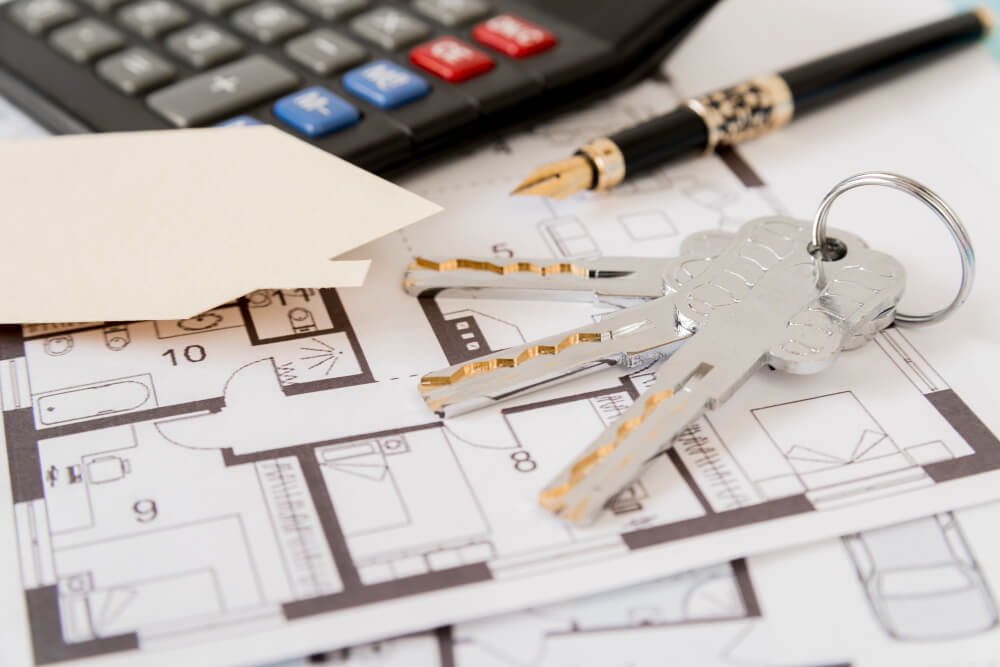What is homestead in real estate? Can I get the exemption?
Created Sun, Dec 1, 2024 - 5 min read
Top blog articles
Need a break from high property taxes? Your state’s homestead exemption might be just what you need. But, what is homestead in real estate? Well, this type of exemption can cut down the amount of state property taxes you owe each year. It’s not wrong to say that it can be your financial safety net if you’re struggling to keep up with your bills. Of course, you must qualify for it.
So, what is homestead in real estate?
The homestead tax exemption helps you save on property taxes. It usually means a certain dollar amount or percentage of your property’s value is not taxed. This type of tax break aims to provide stability and financial relief to homeowners who need it. The exact exemption amount and who qualifies for it can vary by state. For instance, some states give the exemption to every homeowner, while others have rules based on income, property value, or if you’re disabled or a veteran. However, one thing is the same everywhere: the home must be your primary residence.
What are the types of homestead exemptions?
There are two main types of homestead exemptions, both designed to ease financial burdens on your home.
One type protects homeowners from losing property to creditors. This federal and state law helps prevent foreclosure if you’re facing financial hardships such as bankruptcy or the death of a spouse. This means that if a homeowner faces financial difficulties or bankruptcy, creditors may not be able to force the sale of the home to settle debts, thus offering financial security and protection to the property owner.
The other type is a state homestead property tax exemption which can lower or sometimes give total exemption from property taxes you pay each year on your home. It typically offers a set amount or percentage reduction, which varies by state. The primary purpose of this exemption is to make homeownership more affordable by decreasing the property tax burden.
Both types of homestead exemptions work as a critical layer of security for property owners. Homestead laws also extend protections to a surviving spouse. In the unfortunate event of a homeowner’s death, these laws ensure that the surviving spouse retains rights to the homestead, providing continued stability and preventing displacement during a vulnerable time.
How much is the homestead exemption in the United States?
As mentioned, the financial benefit reduces the taxable value of a homeowner’s principal residence. Lower property taxes translate to significant annual savings. Keep in mind that the exact amount of the exemption and the specific benefits can vary by state. Therefore, property owners need to understand their local regulations.
For instance, some states provide unlimited protection (up to 100% of your home’s value), while others set a fixed dollar amount. And, in some places, married couples can even double the exemption amount.
Take Florida, for example. It offers unlimited protection against creditors in a bankruptcy filing, as long as the property has been owned for at least 1,215 days (about 40 months) and is under half an acre in a municipality or 160 acres outside of one.
On the other hand, states such as Pennsylvania and New Jersey don’t offer state homestead exemptions against creditor claims. However, they do allow you to take federal homestead exemptions instead.
There are also federal homestead exemptions that might apply in some bankruptcy cases, on top of any state-level exemption. To understand this system more, it’s best to consult a real estate attorney. They can help you utilize the right exemptions for your situation.
Who can get a homestead exemption?

To qualify for a homestead exemption, the property must be the owner’s permanent residence. And, it must be their legal residence in all aspects. Moreover, it cannot be an investment property or a secondary residence.
Rules vary by state, but generally, you’re eligible if:
- Your income is low
- You’re a senior citizen (65 or older)
- You have a disability
- You’re a veteran, or the surviving spouse of a veteran
If you fit into more than one of these categories, you might be able to combine the exemptions for even more savings.
How can I apply for a homestead exemption?
Property owners can usually find all the details, including the online application form, on the county or local tax assessor’s website. The application process involves proving that the property in question is the owner’s permanent residence. Once granted, the homestead exemption reduces the taxable value of the home, leading to a lower property tax bill.
To apply for a homestead exemption, you’ll need to follow a few steps:
- Fill out the forms and give the requisite proof to your state treasury office or county tax assessor
- Show documents such as your driver’s license, military discharge papers, and annual tax returns to prove you qualify
What is homestead in real estate: Last thoughts
Homestead exemption offers protection and financial benefits to homeowners. From shielding a portion of the property’s equity from creditors to offering property tax relief, these laws are designed to promote homeownership and provide stability. Understanding what is homestead in real estate and the process for applying for an exemption can help property owners fully leverage these advantages. It’s a great way to ensure that the principal residence remains a secure and affordable haven.









